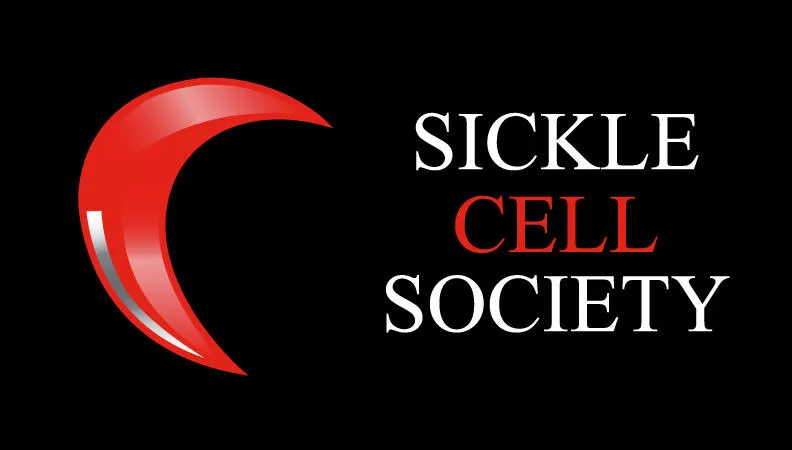Patient and Public Involvement and Engagement in research with children and young people with sickle cell disorder and their families
Public involvement must be diverse and inclusive to enable research that has the potential to reach those that stand to benefit from it the most, and address issues of health equity and accessibility.
Those most likely to be involved in research come from a narrow section of the population (older age groups, white ethnic and higher socio-economic backgrounds). Subsequently, many groups are underserved and underrepresented in research.
Underserved groups include children, young people and adults from different minority ethnic groups, socio-economically disadvantaged groups, migrants, asylum seekers, people with mental health conditions and multiple health conditions. Children and young people, as a group have few opportunities for research involvement. There is also limited evidence on optimal models for partnerships in research.
We used the principles of Experience-Based Co-Design to co-produce a resource for inclusive and equitable Patient and Public Involvement and Engagement in research with children and young people with sickle cell disorder and their families.
Aims
The primary objective of this work was to co-produce resources for inclusive and equitable Patient and Public Involvement and Engagement in research with children and young people with sickle cell disorder and their families.
Summary of Findings
There are several potential barriers to involving children and young people (CYP) with sickle cell disease (SCD) and their families in research, which must be thoughtfully addressed. These include the need for flexible scheduling, setting clear expectations, being mindful of group dynamics, and accounting for the diverse ages and developmental stages of the CYP involved.
It's also essential to provide appropriate recognition and compensation for their time. To ensure inclusive, equitable, and meaningful involvement, it is crucial to actively listen to and understand what matters to CYP living with long-term conditions, and to use a range of methods to engage them effectively and sustainably in the research process.
Our Partners

Principal Investigator
Investigators
Affiliations
Funding
Funding Body: Pfizer
Amount: $20,000
Period: August 2023 - July 2024
Funding Body: King's College London
Amount: £5,000
Period: August 2023 - July 2024






